
Folk games are integrated into the guest experiences of the program "2 days 1 night".
Struggling to reach domestic audiences
Despite having more than 12 years of experience in the field of television production, Phan Nhu, currently a freelance screenwriter and editor in Ho Chi Minh City, still faces many difficulties in creating scripts for programs with formats purchased from abroad and bringing them closer to domestic audiences.
“The trend of remaking copyrighted foreign TV shows has been heavily invested in by many media companies in recent years. I was in charge of editing about 6 shows of this type. However, every time we had a production meeting, the crew still faced a lot of pressure to find an answer to the question: how to bring this new version closer to the public,” Phan Nhu shared.
When designing TV programming packages for commercial purposes, international producers always try to escape the characteristics of local culture and increase the globalization factor. However, when the product is acquired, the process is reversed. Domestic media companies will try to localize and renew them from the original format.
Simply put, localization is the adjustment of ideas, products or services… to better suit the social acceptance, language and culture of each country. This is an important step in the copyright buying and selling chain that media companies and broadcasters pay attention to.
According to Phan Nhu, the production team is limited in creativity due to commitments with partners regarding content framework, although in some programs, they are forced to completely change the script line to be able to successfully reach Vietnamese audiences.
From the original structure, the production team often adds elements related to people, culture, history and geography. These contents create the unique identity of each country when broadcast based on the same format, bringing vitality and appeal to domestic audiences.
Need to balance between cultural and entertainment elements
In fact, localization of game shows and TV programs is not only reflected in the language, game structure or audience, but is also recognized as a process of cultural adaptation. Therefore, there needs to be a thorough exchange between the copyright holding company and the product acquisition team to agree on the accompanying conditions, avoiding conflicts in messages and production purposes.
Mostly, traditional cultural materials are often integrated through games and explorations of the characters. As one of the successful programs when achieving a balance between cultural and entertainment elements, “2 days 1 night” has been broadcast for 3 seasons on HTV7, impressing a large number of viewers on digital platforms.
The Vietnamese version of the reality TV show “2 Days 1 Night” was purchased from the format of the game show of the same name produced by KBS Television, Korea. Following the journey of the guest cast, the audience can explore historical sites, scenic spots across the country and admire the unique cuisine of each region.

Production crew of the program "2 days 1 night".
This success was due to the production team's quick decision to change direction. Before that, "2 days 1 night" with a guest cast of mainly comedians only focused on the entertainment aspect, forgetting the need for TV audiences to learn and receive information. It was the unique historical and geographical elements cleverly integrated that made the program attractive.
From the producer's perspective, editor Pham Thi Phuong Nhi of Madison Media Group said: "The program crew needs to balance cultural and entertainment elements in terms of content and form to meet the tastes of viewers as well as the requirements of the broadcasting platform. When integrating historical and geographical knowledge, editors should be especially careful in handling information."
“Reproducing famous TV shows from around the world contributes to enhancing the enjoyment of the public nationwide. However, if we do not 'Vietnamize' properly and exploit the country's unique cultural features, it will lead to hybrid stories on television. In addition, the censorship work before broadcasting must be strict to ensure the quality of the program,” said Master Phan Van Tu, lecturer at the Faculty of Journalism and Communication, University of Social Sciences and Humanities (Ho Chi Minh City National University).
Source


![[Photo] National Assembly Chairman Tran Thanh Man attends the VinFuture 2025 Award Ceremony](/_next/image?url=https%3A%2F%2Fvphoto.vietnam.vn%2Fthumb%2F1200x675%2Fvietnam%2Fresource%2FIMAGE%2F2025%2F12%2F05%2F1764951162416_2628509768338816493-6995-jpg.webp&w=3840&q=75)

![[Photo] 60th Anniversary of the Founding of the Vietnam Association of Photographic Artists](/_next/image?url=https%3A%2F%2Fvphoto.vietnam.vn%2Fthumb%2F1200x675%2Fvietnam%2Fresource%2FIMAGE%2F2025%2F12%2F05%2F1764935864512_a1-bnd-0841-9740-jpg.webp&w=3840&q=75)





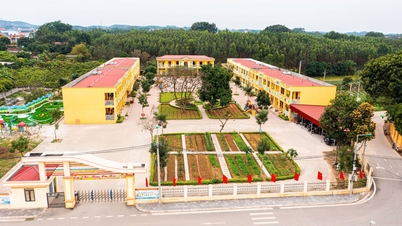



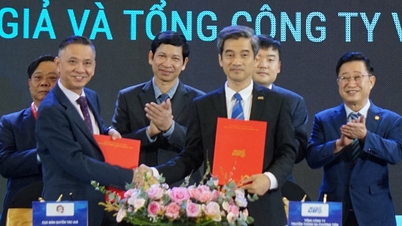

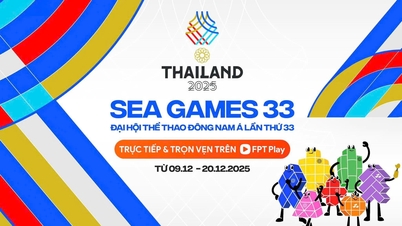
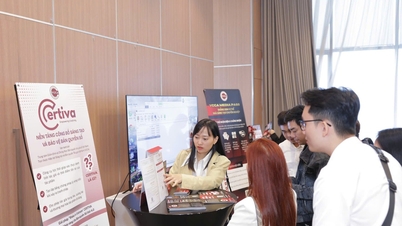
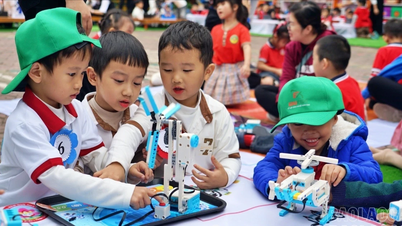


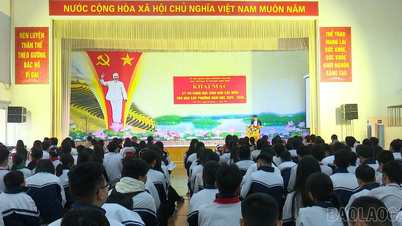

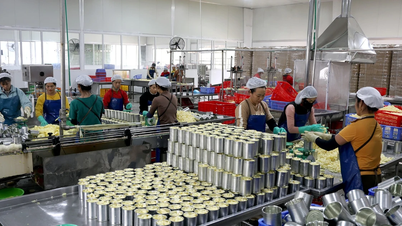
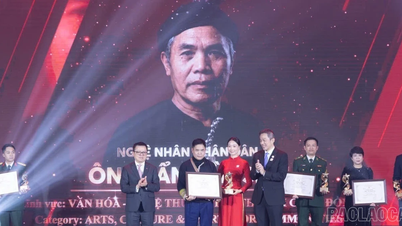




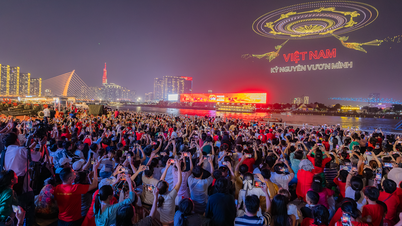



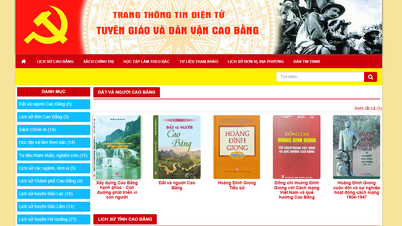
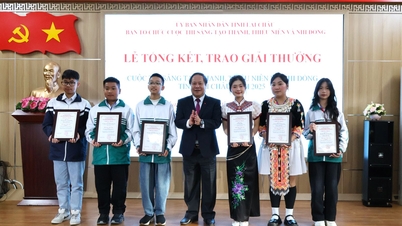















































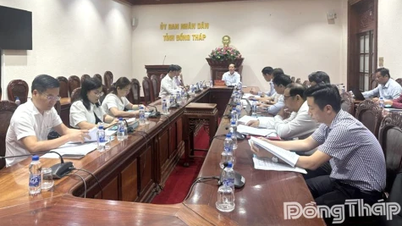
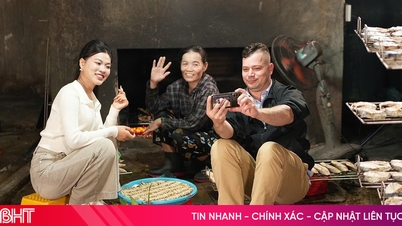

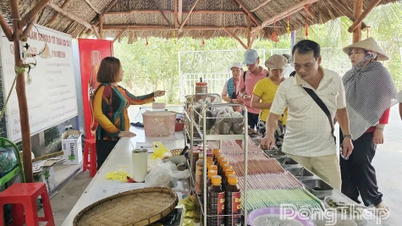
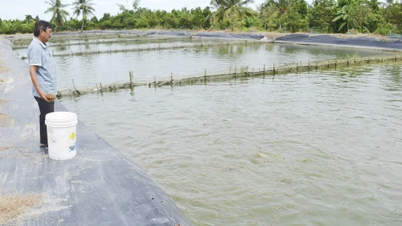
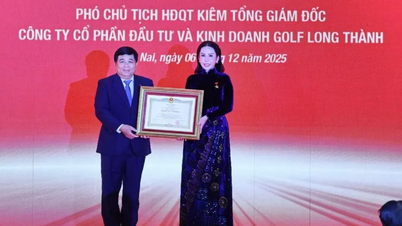










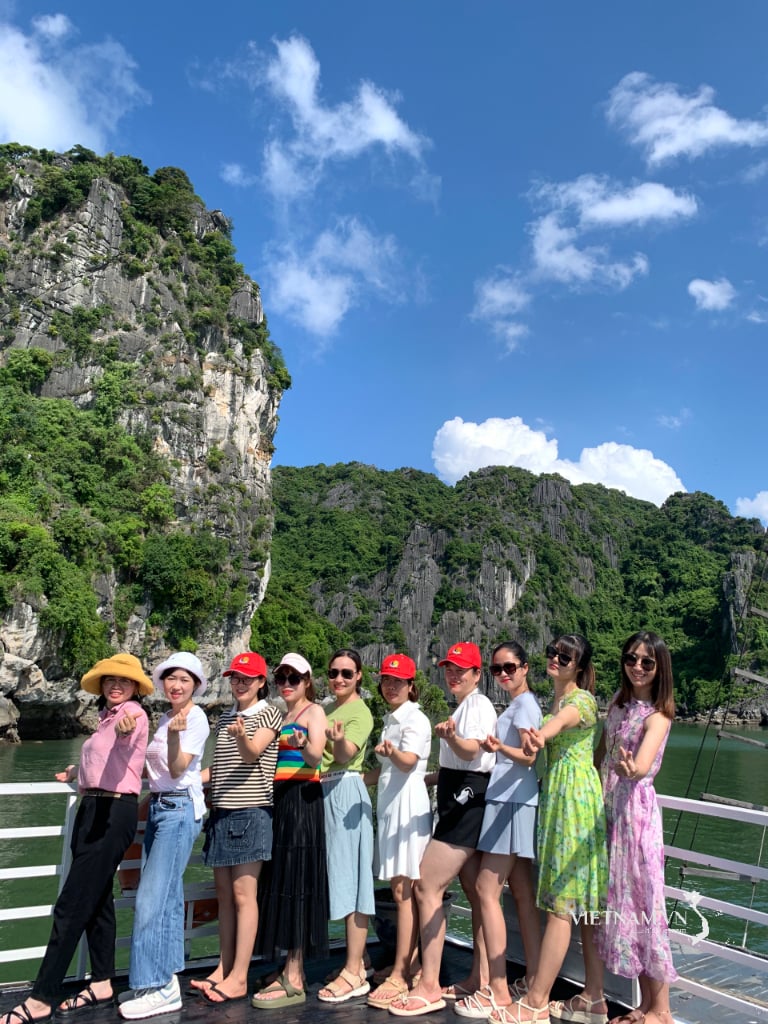






Comment (0)